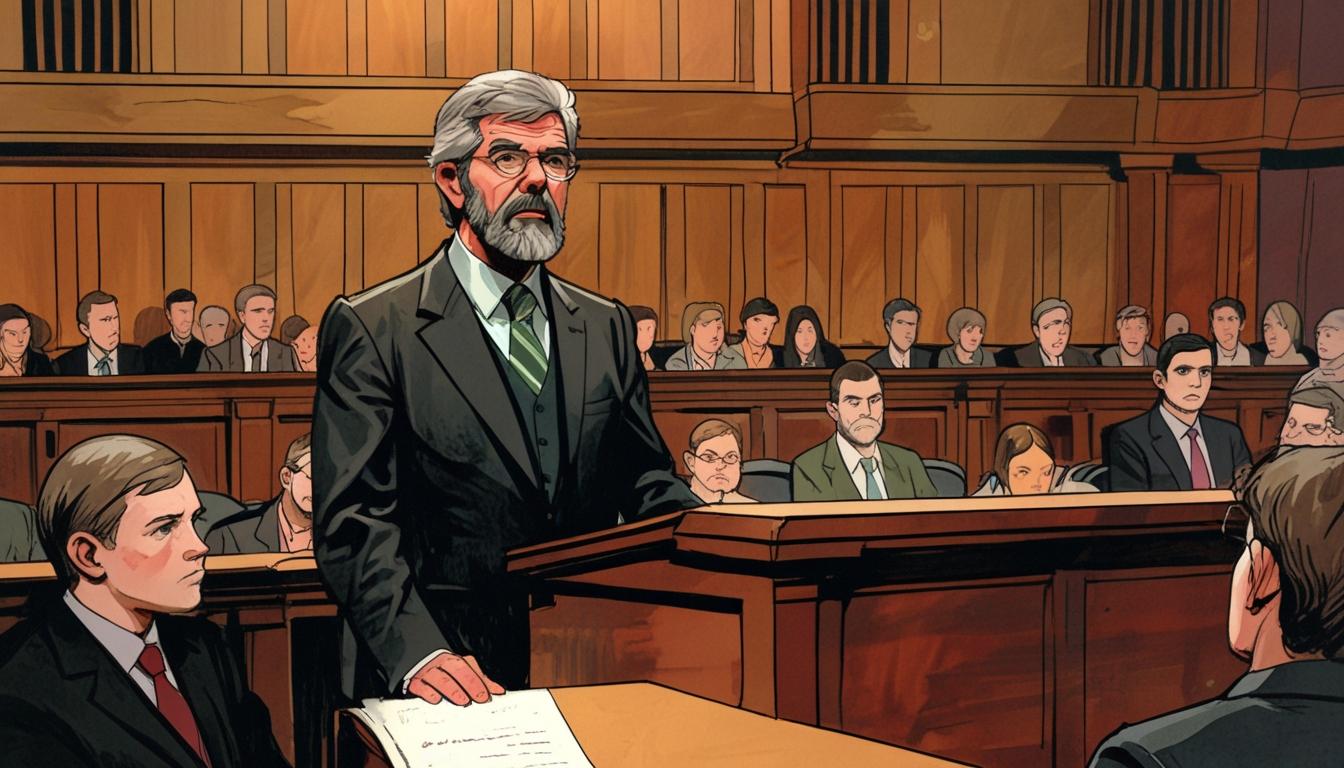Gerry Adams, the former president of Sinn Féin, has addressed the High Court, asserting that he cannot be expected to recall every death resulting from the Troubles, a conflict that spanned several decades in Northern Ireland. His comments come as part of an ongoing legal matter in which he was questioned about the specifics of various atrocities that took place during the conflict.
In his testimony, Adams expressed difficulty in remembering the precise death tolls associated with multiple incidents, highlighting the complexity and tragic nature of the period in question. The Troubles, which were marked by sectarian violence and conflict between nationalist and unionist communities from the late 1960s to the 1998 signing of the Good Friday Agreement, resulted in thousands of deaths and countless injuries.
The court proceedings have drawn attention to the broader issues of accountability and memory surrounding the Troubles, as survivors and families of victims continue to seek justice and clarity regarding the events that transpired. Adams’ remarks have sparked discussions about the challenges involved in recalling specific historical incidents from a time marked by extensive violence and trauma.
As the legal proceedings unfold, they continue to shine a light on the impact of the Troubles, not only on the individuals directly involved but also on the wider society, which is still grappling with the legacy of that tumultuous era. The complexities of memory, responsibility, and historical record are central to the ongoing discourse surrounding this significant period in Irish and British history.
Source: Noah Wire Services
